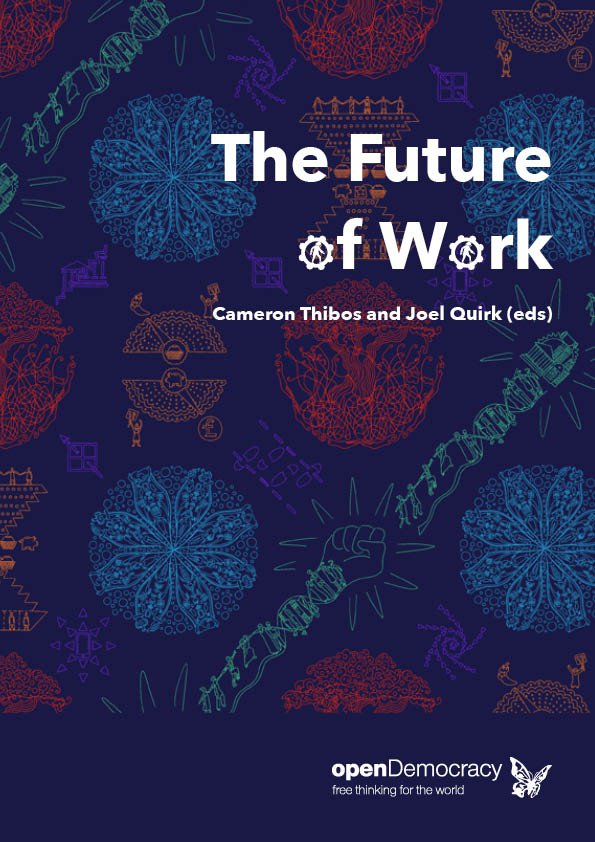Too many conversations about the future of work ask how corporations and highly educated elites can take advantage of new economic opportunities. But we shouldn’t just be talking about who gets to design the next generation of robots. We should also be talking about the people mining the precious metals that the robots require, and what happens when those metals enter global production systems. This unique collection contributes to this important discussion by asking:
How has the nature of work changed in recent years, and how has that impacted workers?
Are existing strategies to promote ethical investment and ethical consumption effective in improving worker conditions, and how might such programmes be improved?
What types of interventions would encourage business leaders and policy makers to prioritise the working conditions of workers, and how can workers more effectively participate?
What needs to happen in business, politics, or organising in response to the current race to the bottom in the world of work?
Global patterns of work and employment will continue to evolve. How must existing regulations and organisations evolve in order to keep up?
In addition, the Future of Work Round Table contains a special section on funding and the role of philanthropy in the fight against labour exploitation. Packed full of ideas for the future as well as critique of the past, this volume is vital reading for anyone interested in ending the abuse of workers in the global economy.

